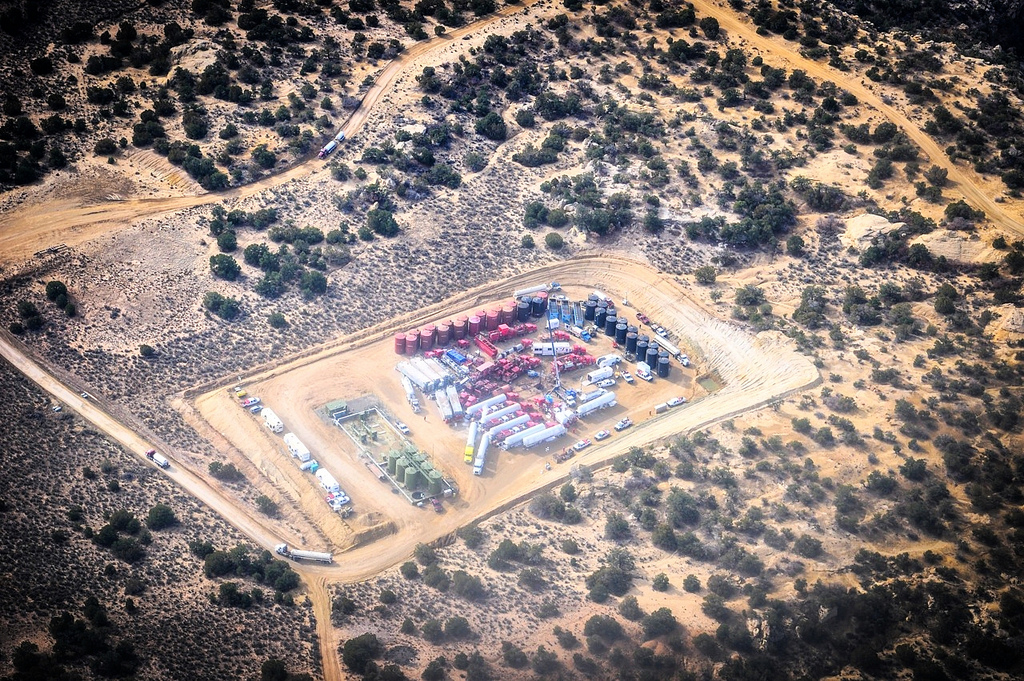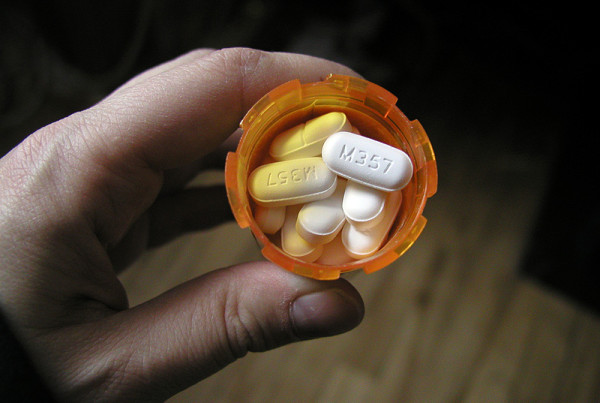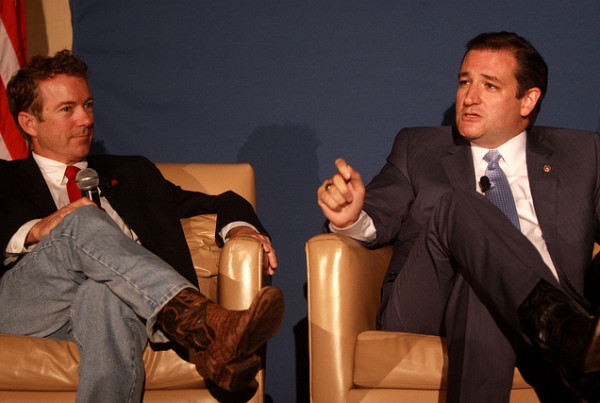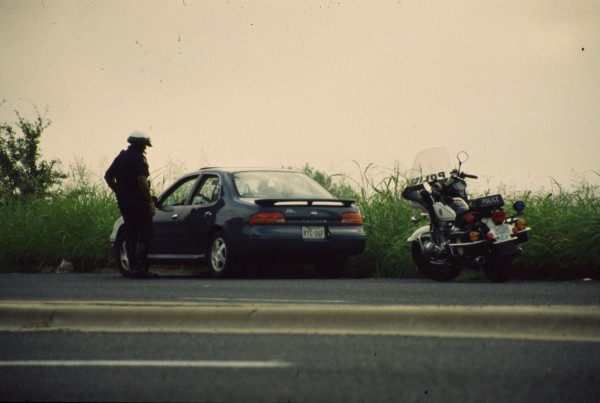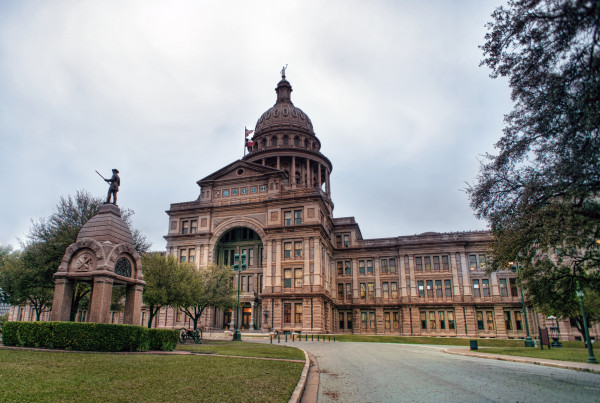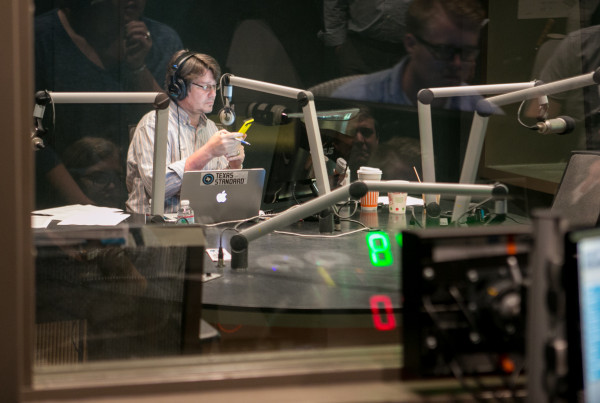This story originally appeared on KERA News.
The Texas House approved the so-called “Denton Fracking Bill” last week, and a few days later, Southern Methodist University seismologists said a spate of earthquakes northwest of Fort Worth were most likely caused by oil and gas drilling. An energy panel at SMU sponsored by the Texas Tribune and the school zeroed in on the impact of hydraulic fracturing.
Texas State House Representative Drew Darby wrote House Bill 40 to eliminate the fracking ban that Denton voters passed last November.
“I picked the number 40 because oil and gas represents 40 percent of the Texas economy,” Darby said.
Darby, a San Angelo Republican, chairs the House Energy Resource Committee. He said it’s his responsibility to protect the livelihoods of Texans dependent on that 40 percent.
“Where would energy in five years be if we had 1,100 different regulatory environments for the oil and gas industry?” Darby said. “You can’t have that. The industry needs certainty, regulatory certainty in order to invest millions and billions of dollars.”
When it came time for audience members to ask questions Cindy Spoon, of Denton, spoke out.
“What do you say to the voters of Denton, especially people like me, young people who are really, really, really encouraged to vote and to get involved and to care, and then we did?” Spoon asked. “And we got 60% of our voting population to say, yes, this industry isn’t complying. We’re not banning fracking in all of Denton’s territories. Just within our city limits. Now, y’all are telling me you can’t do that.”
Darby responded.
“You cannot, by voter initiative, preempt state law or federal law,” Darby said. “The state has preemption powers with regard to the regulations of drilling completion techniques. We need to establish once and for all the priority of the state of Texas to regulate anything below ground.”
After the forum, Spoon said it was like her vote didn’t count.
“House Bill 40 is a direct attack on our democracy,” she said.
Darby did express concern about the SMU study tying earthquakes to fracking activity. He said he will call a committee meeting for May 4 to consider those findings. He’ll also consider funding a mobile seismic unit to measure earthquakes wherever they happen.


